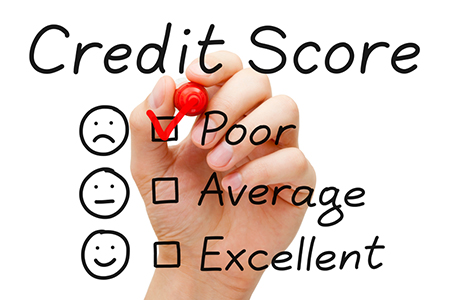
by maria | Sep 7, 2016 | Exclusive QA |
It is all those things that appear on your credit report that are unflattering. This may include missing a credit card payment, defaulting on a previous loan, filing for bankruptcy in the past seven years, or not paying your taxes. Other black marks may include a...
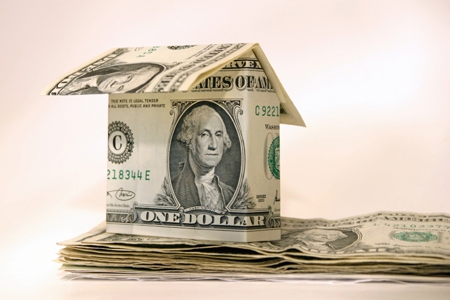
by maria | Sep 7, 2016 | Exclusive QA |
A home equity loan, like a second mortgage, lets you tap up to about 80 percent of the appraised value of your home, minus your current mortgage balance. But because it’s set up as a line of credit, you will not be charged interest until you actually make a...
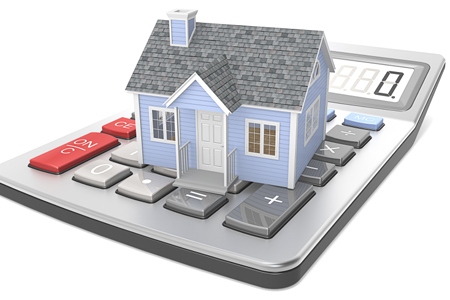
by maria | Sep 7, 2016 | Exclusive QA |
A second mortgage is a loan against the equity in your home. Financial institutions will generally let you borrow up to 80 percent of the appraised value of your home, minus the balance of your original mortgage. You may incur all the fees normally associated with a...
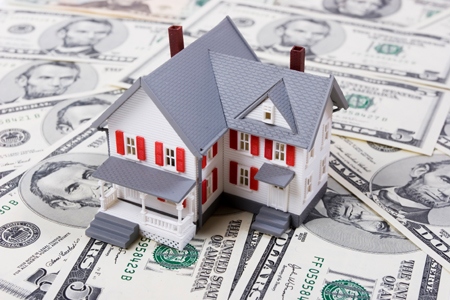
by maria | Sep 7, 2016 | Exclusive QA |
When you amortize a loan you basically pay off the principal by making regular installment payments. This typically takes place gradually over several years. Negative amortization is when the mortgage payment is smaller than the interest that is due, which causes the...
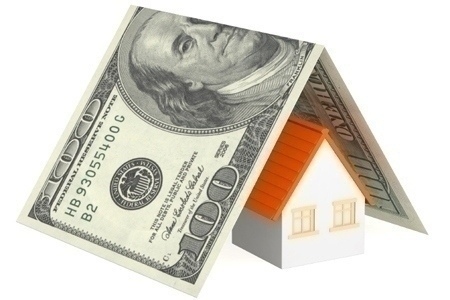
by maria | Sep 7, 2016 | Exclusive QA |
Also referred to as PMI, it is insurance you pay to protect the lender in case you default on the home loan. It is required when borrowers put down less than 20% of the purchase price. Usually, a small fee is paid at the outset and a percentage of the face amount of...

by maria | Sep 7, 2016 | Exclusive QA |
It is the cash value of your property over and above what is owed on it, including mortgages, liens, and judgments. The amount of equity almost always grows in a home over the years, but it follows along with the economic times and cycle. Generally speaking, you can...










